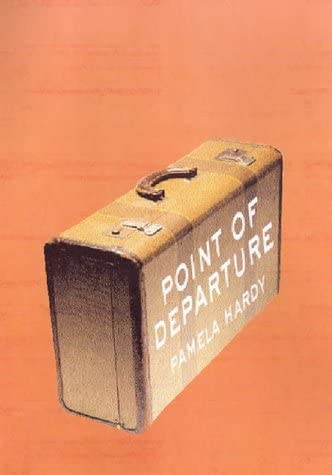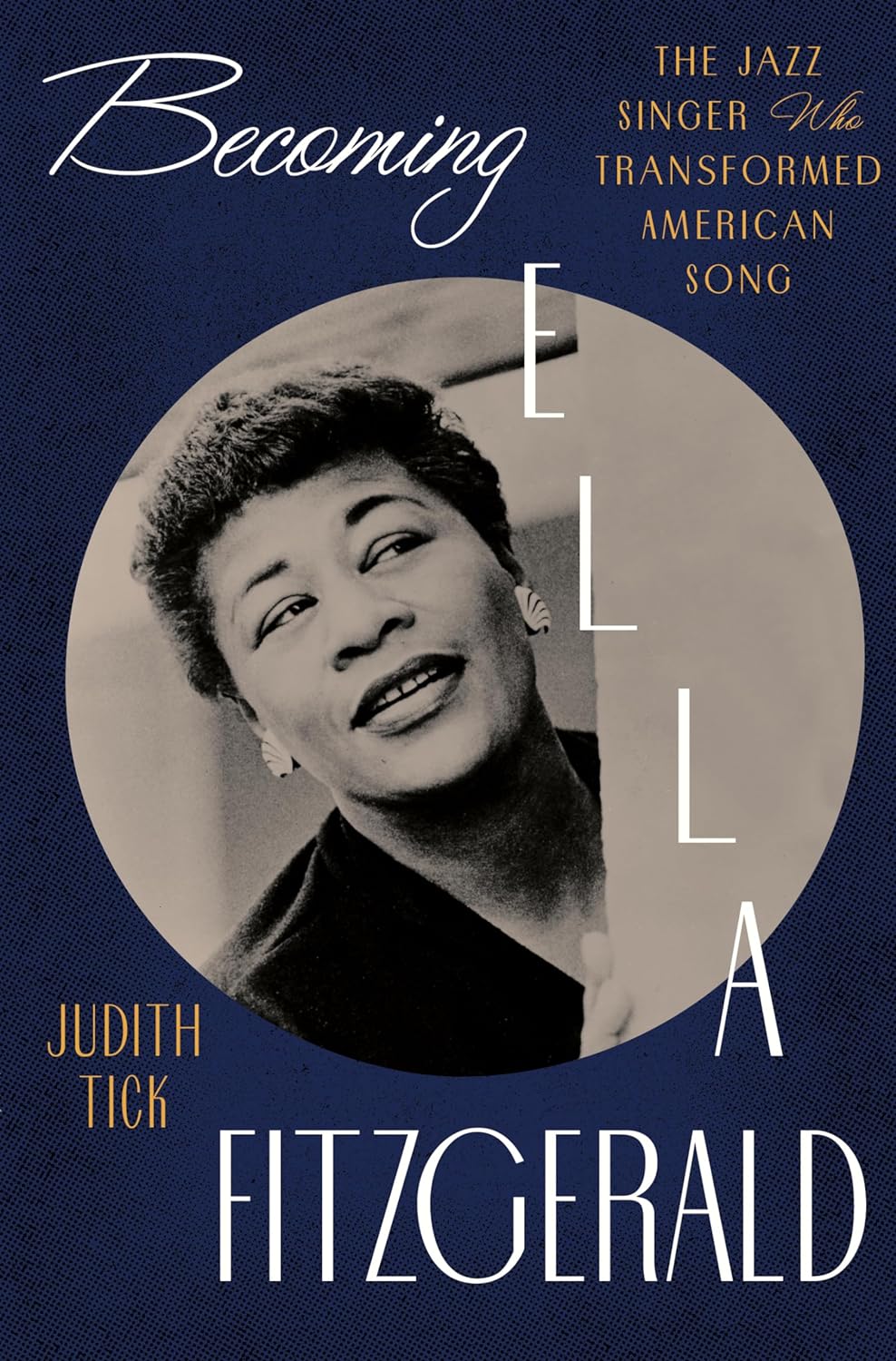A Patchwork Life
Makor Jewish Community Library, $25 pb, 228 pp
Survival stories
Eva Marks was nine years old and living in Vienna when Kristallnacht forced her family to leave Austria. Although her parents separated early, there was no shortage of money during her first nine years. Her mother ran a successful business manufacturing exquisite accessories for fashionable women, which involved occasional travel. At these times, Eva was left in the care of her grandmother and her two aunts, who were as independent and strong-willed as her mother. An only child, only niece and only grandchild, she was greatly indulged, although conscious that she lacked siblings and happy parents.
After Hitler’s annexation of Austria, her mother’s business rapidly deteriorated and she lost her fine apartment, Eva’s father left for England, and the women suffered the humiliating experiences familiar to Jews in Nazi territory. Her mother, new stepfather, and grandmother chose Latvia as a temporary refuge, hoping to get visas for the US. These finally came through but, as the grandmother was rejected on the grounds of age, they stayed in Riga. Holding German passports identifying them as Jewish, they were trapped. Worse was to come. After Germany invaded Russia in 1941, they were forced by the Russians into cattle trucks and transported to a gulag deep in Siberia.
The journey, described in horrific detail, took six weeks. Eva’s accounts of her family’s sufferings in this gulag, and in the even worse one in Kazakhastan that became their home in 1943, are on a par with the most rending of Holocaust memoirs. The only difference between a Nazi concentration camp and a Soviet gulag was that the Russians killed their prisoners by neglect rather than by a conscious policy of extermination. Eva suggests that their experiences outweighed those of Solzhenitsyn in that he had contact with the outside world, had been given a definite sentence, knew that he would eventually be free if he survived, and his barracks had electricity. For the Hungarian, Austrian, German, and Polish prisoners in this gulag, there was no news of the outside world and no indication that they would ever be freed.
Continue reading for only $10 per month. Subscribe and gain full access to Australian Book Review. Already a subscriber? Sign in. If you need assistance, feel free to contact us.











Leave a comment
If you are an ABR subscriber, you will need to sign in to post a comment.
If you have forgotten your sign in details, or if you receive an error message when trying to submit your comment, please email your comment (and the name of the article to which it relates) to ABR Comments. We will review your comment and, subject to approval, we will post it under your name.
Please note that all comments must be approved by ABR and comply with our Terms & Conditions.